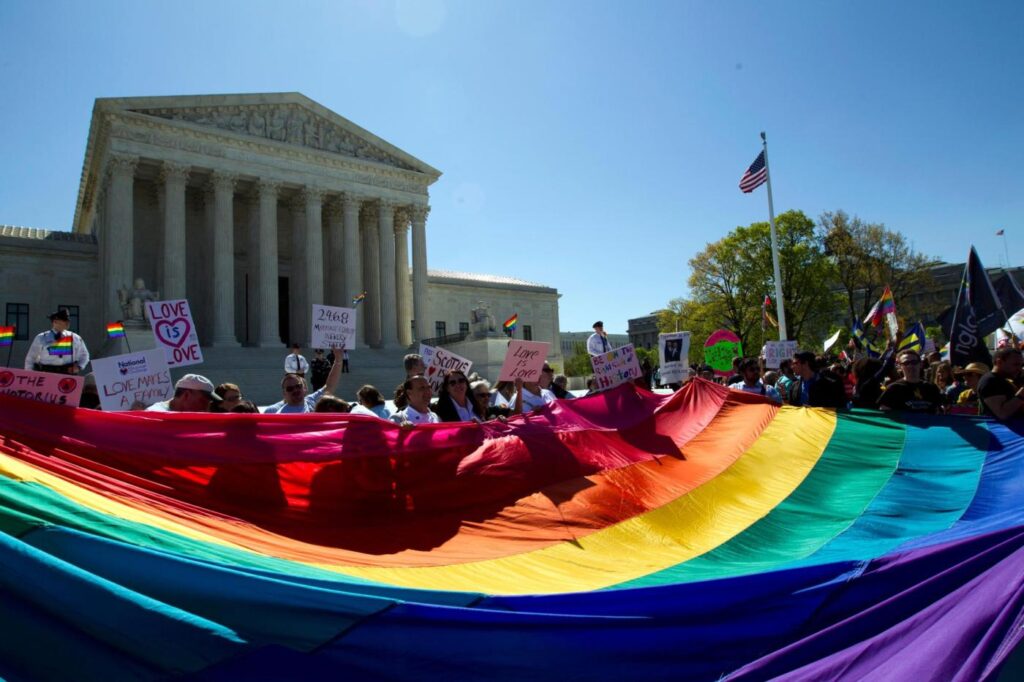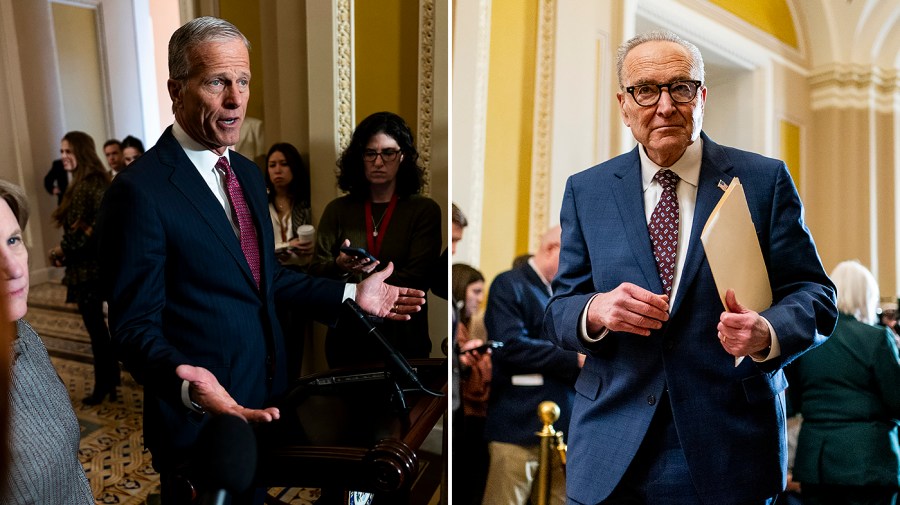
The Supreme Court has scheduled a conference for November 7, 2023, to consider whether to hear a case that seeks to overturn the landmark ruling in Obergefell v. Hodges. This decision, which established constitutional protections for same-sex marriage, could face significant challenges if the Court decides to revisit it.
The case stems from a petition filed by Kim Davis, a former county clerk in Kentucky. Davis initially gained national attention in 2015 after refusing to issue a marriage license to a same-sex couple, citing her religious beliefs. Following a lawsuit, a federal judge mandated that she issue licenses to all couples, regardless of sexual orientation. In a recent ruling, a jury ordered Davis to pay $100,000 in civil damages to the couple she denied, reinforcing her liability under state action.
Davis’ appeal was dismissed by the 6th District Court of Appeals, which stated that her claims did not align with fundamental constitutional principles. The court ruled, “Davis is being held liable for state action, which the First Amendment does not protect,” emphasizing that her arguments failed to meet the necessary legal standards.
In her appeal to the Supreme Court, Davis contends that she is acting as an individual and not as a government official, thus claiming that it is unjust to hold her personally liable without adequate defenses. Her attorney, Matthew Staver, argues that the Obergefell decision represents a misinterpretation of the Constitution, claiming it has led to significant repercussions for individuals like Davis.
Staver’s petition highlights the adverse effects of the Obergefell ruling on religious liberties, stating, “Until the Court revisits its ‘creation of atextual constitutional rights,’ Obergefell will continue to have ruinous consequences for religious liberty.”
The Supreme Court typically requires two conferences to determine whether to proceed with hearing a case. Notably, Justice Clarence Thomas has previously indicated his openness to re-evaluating the Obergefell ruling. In a concurring opinion regarding the overturning of Roe v. Wade in 2022, Thomas expressed that the Court has a responsibility to correct perceived errors in its substantive due process precedents, which include Obergefell.
Following the overturning of Roe v. Wade, Congress enacted the Respect for Marriage Act, mandating that all states legally recognize same-sex marriages. If the Supreme Court opts to hear Davis’ case and overturn the Obergefell decision, individual states may have the authority to refuse marriage licenses to same-sex couples, although they would still be required to recognize existing marriages and legal protections for these couples.
This upcoming conference has the potential to significantly impact the legal landscape surrounding same-sex marriage in the United States, making it a critical moment for both advocates and opponents of the Obergefell ruling. As the date approaches, many will be watching closely to see how the Supreme Court proceeds.






